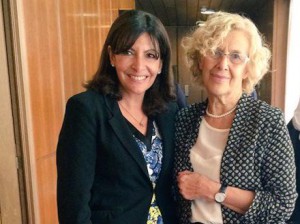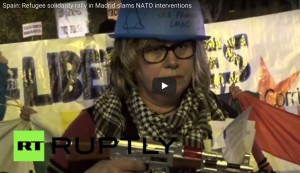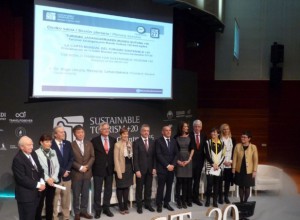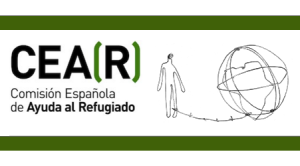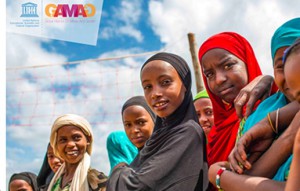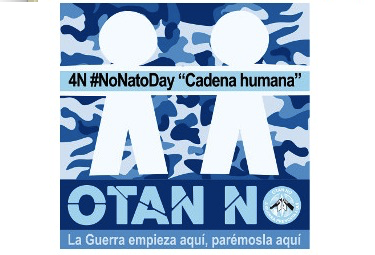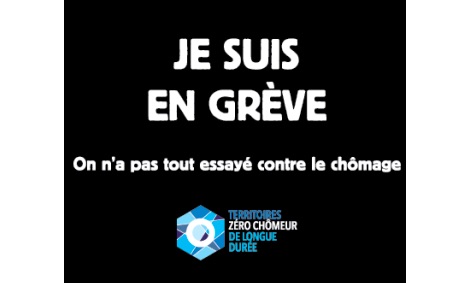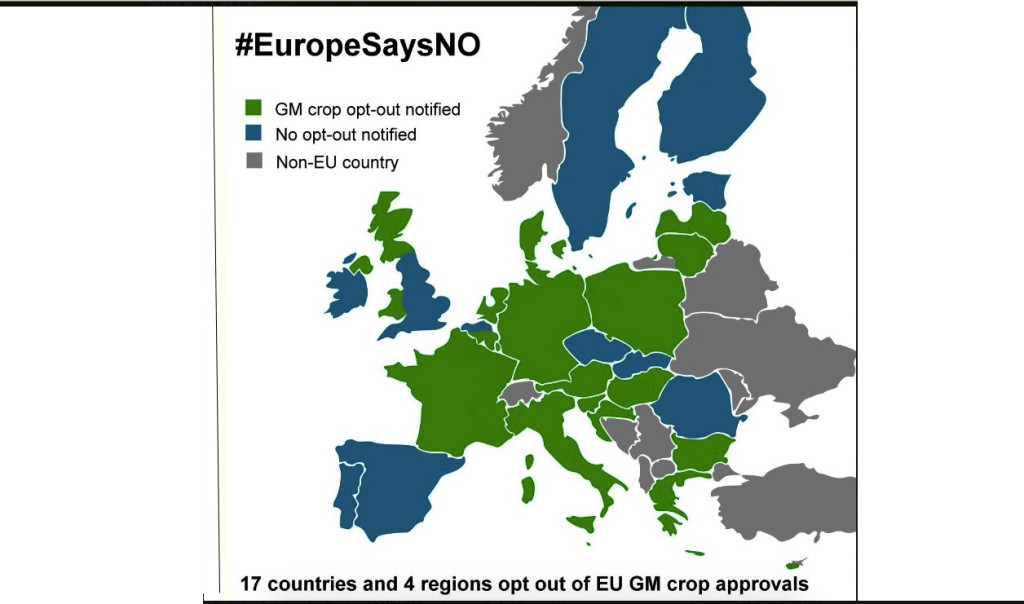. . TOLÉRANCE & SOLIDARITÉ . .
Un article du Routard
Face à l’urgence humanitaire, il est grand temps d’agir. Dons d’argent, volontariat, hébergement, soutien aux ONG et aux initiatives citoyennes locales… Routard.com fait le point sur les différents moyens d’aider les réfugiés en Europe, mais aussi leurs familles restées au pays.

Cliquez sur le photo pour l’élargir
C’est l’une des pires catastrophes humanitaires depuis la Seconde Guerre mondiale. Depuis le début de l’année, l’Europe fait face à un afflux record de réfugiés, dont une majorité de ressortissants syriens. Plus de 320 000 personnes, selon l’ONU, ont traversé la Méditerranée, venant de Syrie, d’Irak, d’Afghanistan, de Lybie, du Soudan et d’autres pays en guerre.
Pour des milliers d’entre eux, ce voyage aura été le dernier. La Méditerranée est devenue un cimetière, aux portes d’une Europe forteresse refusant de voir l’ampleur du drame.
Les chiffres font froid dans le dos. Rien que pour la Syrie, selon Amnesty International, près de 220 000 personnes ont été tuées depuis le début du conflit et 12,8 millions de personnes ont besoin d’urgence d’une aide humanitaire. Plus de 4 millions de réfugiés venant de Syrie (95 %) se trouvent dans seulement cinq pays, à savoir la Turquie, le Liban, la Jordanie, l’Irak et l’Égypte
Derrière ces froides statistiques, il y a autant de drames humains. Ces hommes, femmes et enfants n’ont d’autre choix que de quitter leur pays pour sauver leur vie. Ils méritent en premier lieu notre solidarité et notre aide, et non le rejet à coup de barbelés et de répression.
Il faut aider les réfugiés !
:: Comment s’y prendre ?
Lundi 7 septembre, François Hollande a annoncé que 24 000 réfugiés seraient accueillis sur le sol français en l’espace de deux ans, ce qui est dérisoire au regard de l’urgence humanitaire.
Sans attendre, vous pouvez apporter votre aide aux réfugiés qui ont besoin de vous. Les initiatives se multiplient en France qu’elles soient le fait de simples citoyens ou d’ONG.
Il y plusieurs façons d’aider :
– dons d’argent, de nourriture ou de vêtements ;
– accueil de personnes en difficulté ;
– bénévolat ; aide administrative, engagement citoyen auprès d’associations locales…
Pour être efficace, il est essentiel de s’organiser et prendre contact avec les bénévoles pour connaître les besoins réels.
:: À qui s’adresser ?
Routard.com vous donne les adresses et les liens utiles pour venir en aide aux réfugiés.
Les principales ONG pour venir en aide aux réfugiés
(Cliquez ici pour une traduction anglaise.)
(L’article se continue à droite.)
Question for discussion
The refugee crisis, Who is responsible?
(L’article se continue de la gauche.)
Les associations suivantes viennent en aide aux réfugiés à l’étranger, dans les pays d’origine et en France, en mettant en oeuvre différentes initiatives : aide médicale et alimentaire sur place, amélioration des conditions de vie des réfugiés dans les camps de transit, assistance tout au long du parcours, sauvetage en Méditerranée, soutien des associations locales, notamment à Calais.
Elles indiquent sur leur site leur programme d’aide et d’intervention et expliquent comment vous pouvez les aider.
La FNARS, une fédération qui regroupe 870 associations de solidarité à travers la France.
Agence des Nations Unies pour les réfugiés
International Rescue Comittee
Médecins du Monde
Médecins sans Frontières
La Croix Rouge Française
France Terre d’Asile
Care France
Première Urgence Internationale
Solidarités International
La Cimade
L’UNICEF
CCFD Terre-Solidaire
Emmaüs
Calais Migrant Solidarity
Les initiatives citoyennes et locales
Des centaines d’initiatives citoyennes ont vu le jour en France.
Afin de repérer la plus proche de chez vous, le site internet aiderlesrefugies.fr répertorie l’ensemble des opérations d’aide, de soutien et d’accueil en France et dans le monde en les géolocalisant sur une carte.
Si vous souhaitez héberger une personne ou une famille dans le besoin, l’association d’aide aux réfugiés SINGA a créé la plateforme CALM (Comme à la maison) qui met en relation les particuliers et les réfugiés et recense des milliers de propositions d’hébergements.
Libre à vous de choisir les initiatives qui vous correspondent le mieux, en faisant preuve de discernement notamment pour les dons d’argent car si les ONG ont un devoir légal de transparence, ce n’est pas forcément le cas des initiatives privées.
Quoi qu’il en soit, chaque geste compte. Merci pour votre aide.
